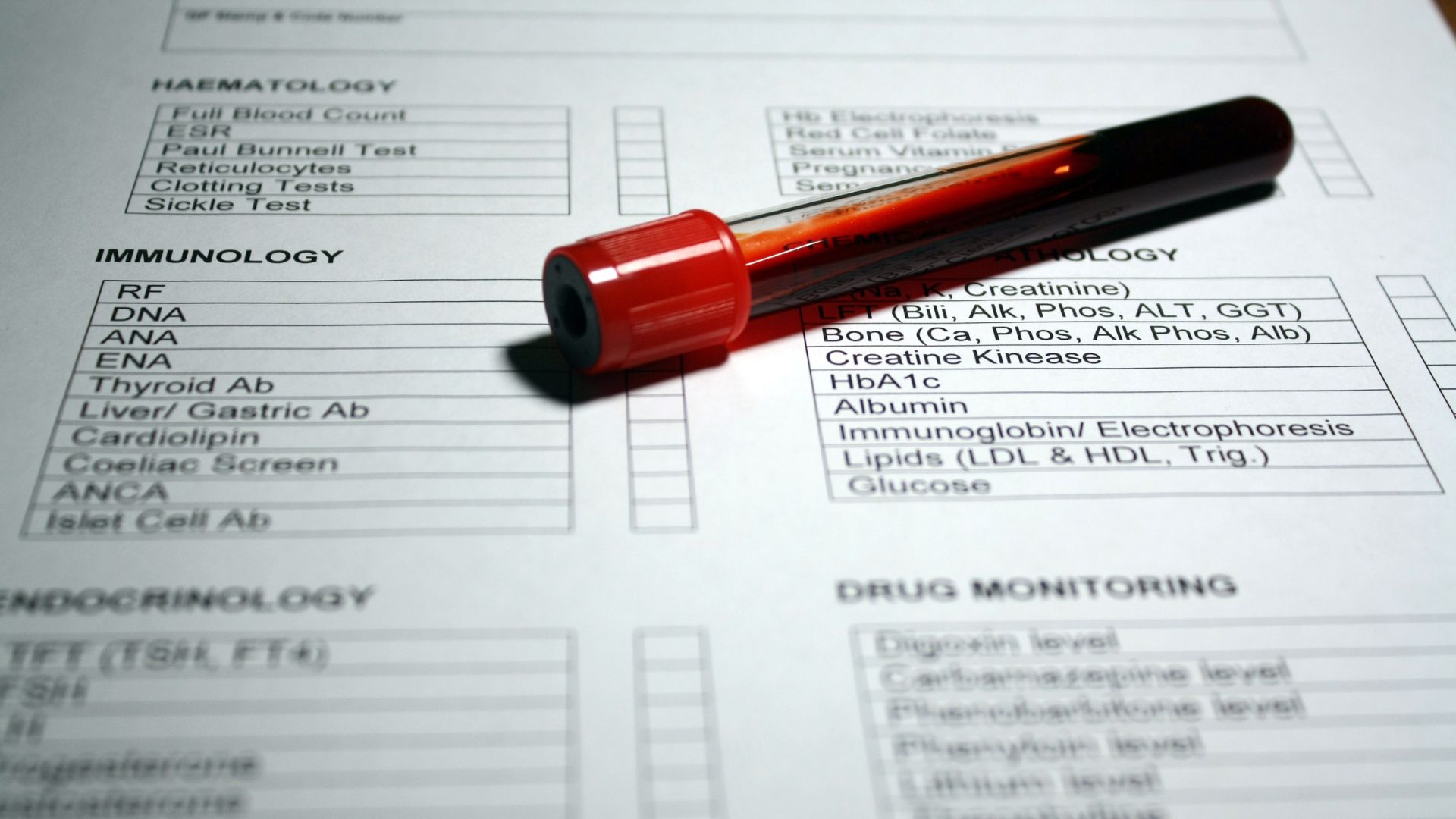In recent years, there has been growing recognition of the connection between mindfulness and mental health. Mindfulness is the practice of being fully present in the moment, without judgment or distraction. It has been shown to have a positive impact on mental health conditions such as anxiety, depression, and PTSD.
One of the ways in which mindfulness can improve mental health is by helping individuals become more aware of their thoughts and feelings. This increased awareness can lead to a better understanding of one’s emotions and the underlying causes of mental health conditions. By learning to observe their thoughts and feelings without judgment, individuals can develop greater emotional resilience and cope with stress more effectively.
Additionally, mindfulness can help individuals develop a greater sense of self-compassion. Many individuals who struggle with mental health conditions may be overly critical of themselves, leading to feelings of shame and inadequacy. Mindfulness can help individuals develop a more compassionate attitude towards themselves, which can lead to improved self-esteem and a greater sense of well-being.
Cultivating Mindfulness
Practicing mindfulness can be a powerful tool for improving mental health. There are several mindfulness practices that individuals can incorporate into their daily routine to cultivate greater awareness and self-compassion. Here are some examples:
- Meditation: Meditation involves sitting quietly and focusing on your breath or a specific object or mantra. This practice can help quiet the mind and develop greater awareness of one’s thoughts and emotions.
- Yoga: Yoga combines physical movement with breath awareness and can help improve flexibility, strength, and balance while also promoting relaxation and stress reduction.
- Mindful walking: Walking mindfully involves focusing on the sensations of each step, such as the feeling of your feet on the ground or the movement of your arms. This practice can be done anywhere and is a great way to incorporate mindfulness into your daily routine.
- Body scan: A body scan involves lying down and focusing on the sensations in each part of your body, starting from your toes and working up to your head. This practice can help you become more aware of areas of tension or discomfort in your body and promote relaxation.
- Mindful eating: Mindful eating involves paying attention to the sensory experience of eating, such as the taste, texture, and aroma of your food. This practice can help you develop greater awareness of your hunger and fullness cues and make more intentional choices about what and how much you eat.
These mindfulness practices can be done anywhere, whether at home, at work, or even while commuting. By incorporating these practices into your daily routine, you can develop greater emotional resilience and cope with stress more effectively, leading to improved mental health and well-being.
Conclusion
Mindfulness can be a valuable tool for improving mental health. By developing a greater awareness of one’s thoughts and feelings and cultivating self-compassion, individuals can develop greater emotional resilience and cope with stress more effectively. Consider incorporating mindfulness practices such as meditation or yoga into your daily routine to reap the benefits for your mental health.








